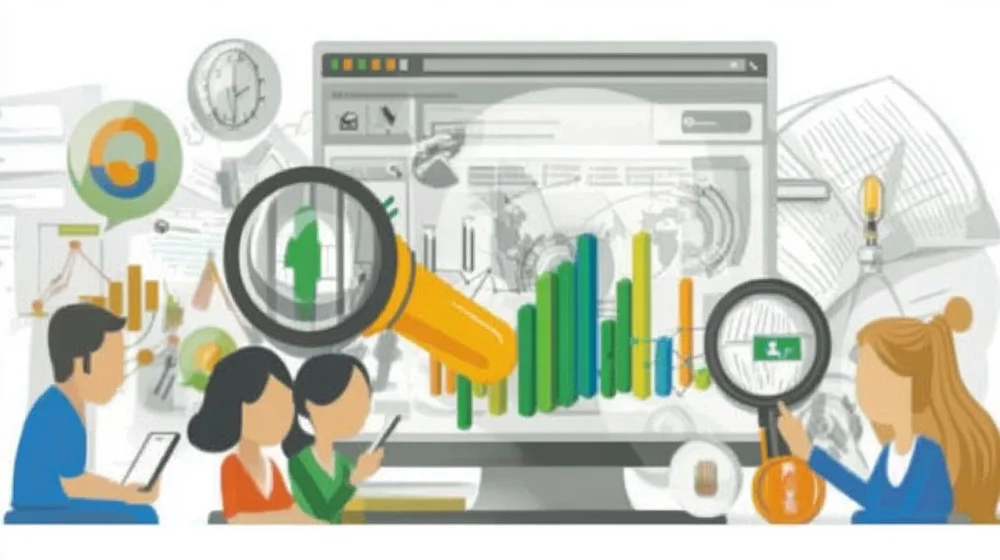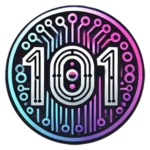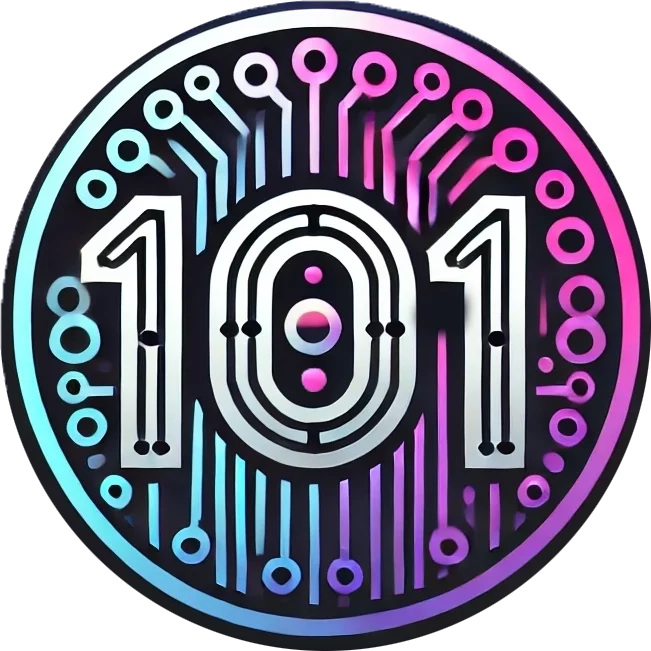HOW A WEBPAGE GETS RANK NUMBER ONE IN GOOGLE

How a webpage gets rank number one in Google
Achieving the top spot in Google search results can significantly boost your website’s visibility and traffic. Reaching rank number one, however, requires a combination of strategic planning, technical SEO, high-quality content, and continuous optimization. Here’s a guide on the most effective strategies for getting your webpage to rank number one in Google search results.
1. Keyword research and targeting
Identifying and targeting the right keywords is the foundation of ranking well on Google. Thorough keyword research ensures your content aligns with what users are searching for.
- Use keyword research tools: Tools like Google Keyword Planner, Ahrefs, and SEMrush help identify high-volume, low-competition keywords.
- Focus on long-tail keywords: Targeting specific phrases (e.g., “affordable digital marketing agency in New York”) often brings more qualified traffic and less competition.
- Analyze competitors: Look at which keywords competitors rank for and find gaps your content can fill.
2. High-quality, user-centered content
Google prioritizes content that provides value to users. Creating high-quality content that meets user intent can improve engagement and help secure top rankings.
- Write comprehensive content: Address the topic thoroughly, answering common questions and providing detailed information.
- Optimize for user intent: Match the content type (e.g., blog, product page) to what users expect when they search for your target keyword.
- Update regularly: Keep content up-to-date to ensure relevance and retain rankings over time.
3. On-page SEO optimization
On-page SEO focuses on optimizing individual webpage elements to improve visibility and relevance.
- Optimize title tags and meta descriptions: Include primary keywords naturally in titles and descriptions for better ranking and click-through rates.
- Use header tags strategically: Structure content with H1, H2, and H3 tags to improve readability and help Google understand the topic hierarchy.
- Include internal and external links: Link to other relevant pages on your site and high-authority external sources to provide context and improve SEO.
4. Technical SEO and site structure
A technically optimized site enhances user experience and helps Google crawl and index pages more effectively.
- Improve page speed: Use Google PageSpeed Insights to identify speed issues and compress images, minify code, and leverage browser caching.
- Ensure mobile-friendliness: A responsive design ensures your site looks and functions well on mobile devices, which Google prioritizes.
- Create an XML sitemap: Submit a sitemap to Google Search Console to improve indexing and make it easier for Google to discover new content.
5. Build high-quality backlinks
Backlinks from reputable websites act as “votes of confidence” in Google’s eyes, signaling authority and credibility.
- Earn backlinks through guest posts: Write articles for reputable websites in your industry to gain exposure and backlinks.
- Create shareable content: High-quality, unique content like research studies, infographics, or guides encourages others to link to your page.
- Reach out to industry influencers: Collaborate with influencers and other sites for backlink opportunities.
6. Optimize for user experience (UX)
Google’s algorithm favors websites that provide a positive user experience. Improving UX helps keep visitors engaged and reduces bounce rates.
- Enhance readability: Use short paragraphs, bullet points, and subheadings for easier reading and scannability.
- Use engaging visuals: Images, videos, and infographics keep visitors interested and improve dwell time on the page.
- Simplify navigation: Make it easy for users to find what they’re looking for with a clear, intuitive menu and internal linking.
7. Local SEO for location-specific ranking
For businesses targeting specific areas, optimizing for local SEO helps improve visibility in local search results.
- Optimize Google My Business: Keep your Google My Business profile updated with accurate business information.
- Use local keywords: Include location-specific keywords (e.g., “web design in Budapest”) in titles and descriptions.
- Encourage customer reviews: Positive reviews improve credibility and visibility in Google’s local search results.
8. Structured data and rich snippets
Structured data helps Google understand your content and potentially display enhanced search results, like review stars or event details.
- Implement schema markup: Use schema for specific content types, such as reviews, events, or products, to improve the way Google presents your content.
- Add rich snippets: Including structured data for rich snippets can increase click-through rates by making your listing more appealing.
9. Analyze and optimize based on data
Continuously monitoring your SEO performance and making data-driven adjustments is key to maintaining top rankings.
- Use Google Analytics and Search Console: Track traffic, search queries, and page performance to understand what works and what needs improvement.
- Track keyword rankings: Regularly monitor keyword positions to identify potential ranking drops or opportunities.
- Optimize based on insights: Use collected data to refine your strategy, improve content, and adjust on-page elements.
10. Focus on E-A-T (Expertise, Authoritativeness, Trustworthiness)
Google values websites that demonstrate expertise, authoritativeness, and trustworthiness, especially for sensitive topics like health and finance.
- Publish well-researched content: Content should be informative, accurate, and reliable.
- Showcase author credentials: Highlight the expertise of content creators to establish credibility.
- Build a positive reputation: Reviews, testimonials, and mentions from credible sources all contribute to trustworthiness.
11. Optimize for voice search
As more users rely on voice search, optimizing content for natural, conversational queries becomes important.
- Use conversational keywords: Optimize for questions and phrases people might say aloud, like “best Italian restaurant near me.”
- Answer common questions: Structured question-and-answer formats increase the chances of appearing in voice search results.
- Focus on local optimization: Voice search often involves location-based queries, so use local keywords when relevant.
Conclusion
Achieving the number one ranking on Google requires a holistic SEO approach, combining keyword optimization, quality content, technical SEO, user experience, and continuous data analysis. By staying consistent with these strategies, monitoring performance, and adapting to changes in search engine algorithms, you can improve your chances of reaching and holding the top spot. Ranking number one is not an overnight success; it’s a long-term commitment to quality, relevance, and user satisfaction.
Miért választottak ezek a cégek minket?
- Giaform műanyag fröccsöntés
- Weboldal keresőoptimalizálás (SEO)
- Apple készülékek
- warhammer
- Boxkesztyű
- előtetők
- bútorok
- keresőmarketing ügynökség
- Keresőoptimalizálás
- lumineers
- Hirdetéskezelés
- kárpittisztítás
- előtetők
- Mellplasztika
- Bor
- Linképítés
- Boat party budapest
- Ads vagy SEO
Az onlinemarketing101.biz SEO ügynökség célja, hogy vállalkozásod online jelenlétét a legmagasabb szintre emelje. Weboldalunkon részletesen megismerheted keresőoptimalizálási szolgáltatásainkat és az azokhoz kapcsolódó árakat, amelyek segítenek átlátni a lehetőségeidet. Legyen szó digitális marketing trendek alkalmazásáról vagy márkád hatékony népszerűsítéséről, nálunk mindent megtalálsz. Fedezd fel legfrissebb tartalmainkat, és tudd meg, hogyan támogatjuk vállalkozásod növekedését és sikerét az online térben.

PARTNEREINK

Szolgáltatások & Partnerek
- Konténer-rendelés.eu – gyors konténer építkezéshez
- Centrumaudit – pénzügyi vizsgálat
- Dental Zirkon – fogászati koronák
- HungaroDental – fogászat
- Adatkezelés
Egészség & Technológia
- Magnézium – étrendkiegészítő
- GAL termékek – egészségtámogatás
- Lumineers – foghéjak
- Shefitness – edzés nőknek
- Műanyag Fröccsöntés – ipari gyártás
- Dekor szalvéta – esküvőkre
- Chiptuning videó – tuning bemutató
- Lemezmegmunkálás – gépipari szolgáltatás
Ingatlan & Jog
- Polikarbonát tető – időjárás elleni védelem
- Előtető – modern kialakítás
- AI – hírek
- Hulladék jog – engedélyezés
- SEO szolgáltatás
- Munkajog – jogi tanácsadás
- Dugulás 16. kerület
- Kollagén – szépségápolás
E-kereskedelem & Lifestyle
- SEO Meetup – nemzetközi közösség
- Makett – jármű modellek
- Kárpittisztítás – professzionális takarítás
- Weboldal SEO – technikai keresőoptimalizálás

